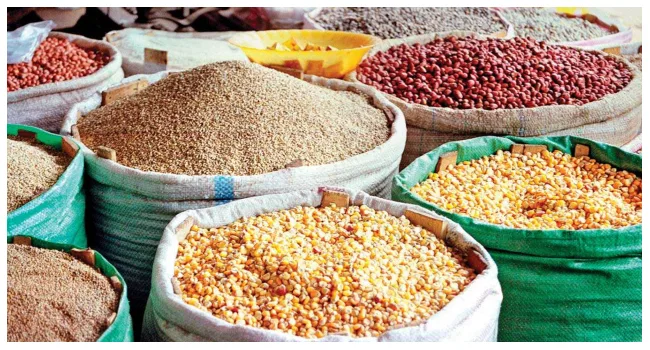The United Nations World Food Programme (WFP) has announced plans to support Nigeria and seven other West and Central African countries with food assistance amidst escalating hunger, food shortages, and rising prices. The targeted countries include Nigeria, Cameroon, the Central African Republic, Chad, Mali, Mauritania, Burkina Faso, and Niger. The initiative aims to reach 7.3 million people during the June-August lean season when food stocks are low and hunger peaks, with potential expansion to 12 million people if sufficient funding is secured.
The food security crisis in West and Central Africa is severe, with nearly 55 million people expected to face acute hunger during the lean season—a significant increase from 12.6 million in 2019. Malnutrition has also reached critical levels, affecting an estimated 17 million children under five. Chris Nikoi, WFP’s Regional Director for Western Africa, emphasized the need for transformative solutions to address both immediate food needs and long-term food security, highlighting the intertwined impacts of conflicts, high food prices, and climate change.
The WFP’s response focuses on meeting the urgent food and nutrition needs of the most vulnerable populations, including refugees, displaced persons, and those in areas affected by climatic, economic, and security crises. However, the increasing magnitude and complexity of these crises have outpaced available funding, leaving many without assistance and at risk of severe hunger. The WFP warns that the 2024 seasonal forecasts predict both dry spells and floods, which could further disrupt agricultural productivity and prolong the lean season, exacerbating the region’s vulnerability. Nikoi stressed the importance of investing in durable solutions to break the cycle of food insecurity.









